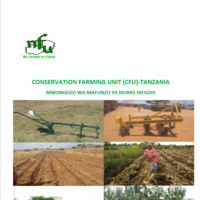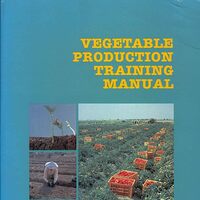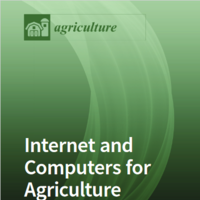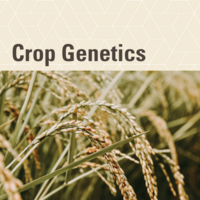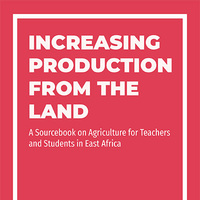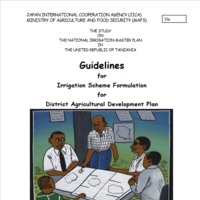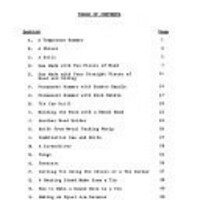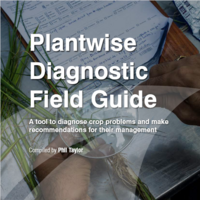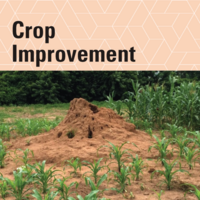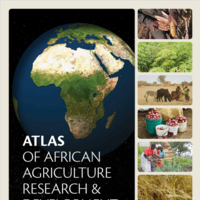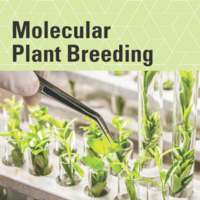Search
Books+
Searching 1,73 books
Search related to the career Agricultural Engineer
Qualifications for Becoming an Agricultural Engineer:
Educational Requirements:
- Bachelor's degree in agricultural engineering or a related field, such as agricultural systems management, biological engineering, or agricultural and biological engineering.
- Some positions may require a master's degree or higher level of education.
Technical Skills:
- Proficiency in engineering principles, including mechanics, thermodynamics, fluid dynamics, and electrical systems.
- Knowledge of agricultural sciences, including crop production, soil science, irrigation, and pest management.
- Familiarity with computer-aided design (CAD) software and other engineering tools.
- Ability to analyze and interpret data, conduct experiments, and troubleshoot technical issues.
Problem-Solving Abilities:
- Strong analytical and critical thinking skills to identify and solve complex agricultural engineering problems.
- Ability to design and implement innovative solutions to improve agricultural processes and systems.
- Aptitude for evaluating and optimizing the efficiency, sustainability, and safety of agricultural operations.
Communication and Collaboration:
- Excellent verbal and written communication skills to effectively convey technical information to diverse audiences, including farmers, scientists, and policymakers.
- Ability to work collaboratively with multidisciplinary teams, including farmers, agronomists, biologists, and other engineers.
Professional Development:
- Continuous learning and staying updated with advancements in agricultural engineering technologies and practices.
- Participation in relevant workshops, conferences, and professional organizations to expand knowledge and network with industry professionals.
Please note that specific qualifications may vary depending on the employer and job requirements.
Source: Various AI tools
